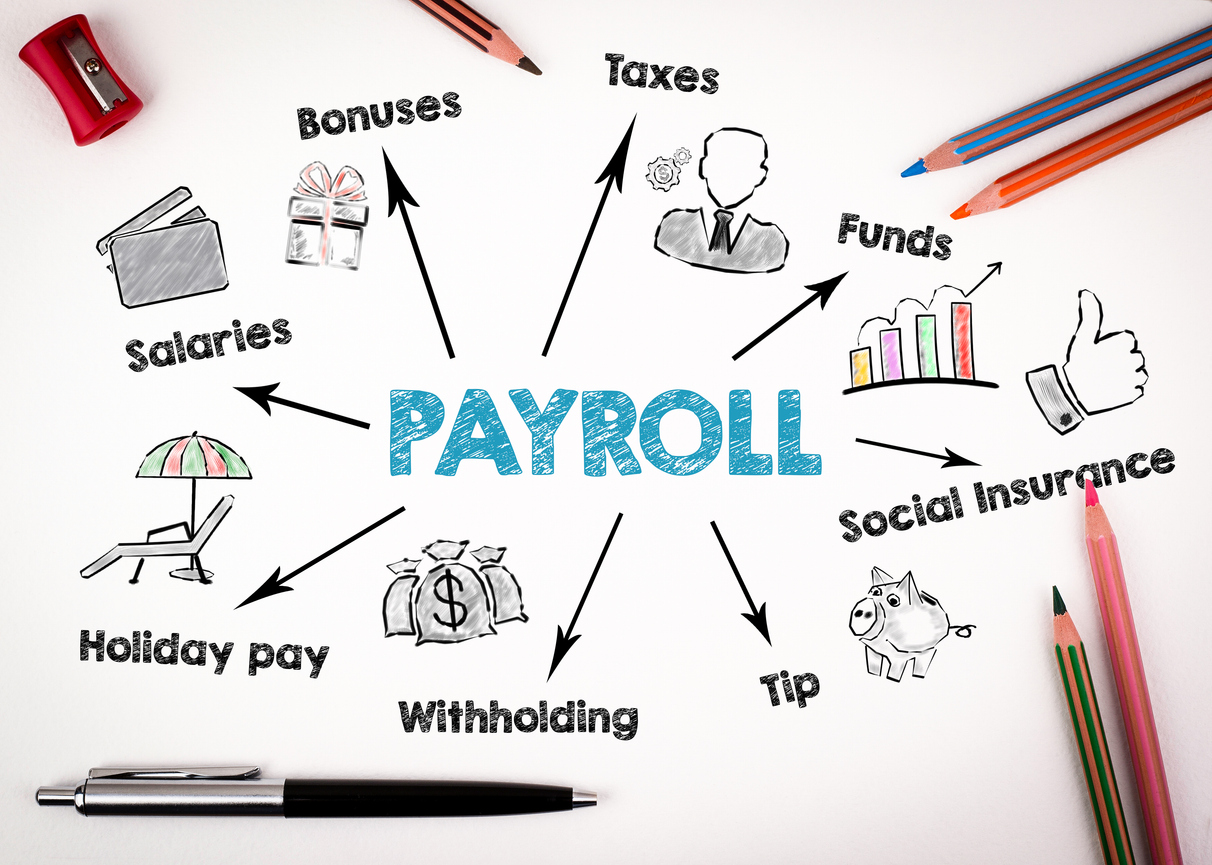TL;DR (Too Long; Didn’t Read)
If you’re torn between handling payroll internally or hiring an external provider, you’re not alone. In-house payroll gives you direct control but demands time, expertise, and consistent accuracy. Hiring the best payroll provider in the Philippines can save time, ensure legal compliance, and reduce costly errors. For most small to mid-sized businesses, outsourcing payroll is the more practical and cost-efficient choice.
Summary Answer
In-house payroll vs payroll provider is a common dilemma for many businesses. While managing payroll in-house may seem cost-effective at first, it often leads to complexities in compliance, time management, and risk of human error. On the other hand, outsourcing payroll vs in-house offers peace of mind with expert handling, especially when it comes to legal updates and deadline-driven payroll cycles. The better option depends on your company size, budget, and internal capabilities. But in most cases, outsourcing payroll delivers stronger ROI and efficiency.
Understanding Payroll Options
What Is In-House Payroll?
In-house payroll processing means your HR or finance team manages all aspects of payroll internally:
- Calculating salaries and deductions
- Filing government contributions (SSS, Pag-IBIG, PhilHealth)
- Preparing payslips and issuing payments
- Filing taxes and submitting reports
What Is a Payroll Provider?
A payroll provider is an external service that handles some or all of your payroll processes. The best payroll providers in the Philippines also offer:
- Statutory compliance and tax reporting
- Employee records management
- Payslip generation and disbursement
- End-to-end HR and payroll software
Comparing In-House Payroll vs. Payroll Provider
In-House Payroll: Pros and Cons
Pros:
- Full control and oversight
- Direct access to employee data
- May save costs if you already have trained staff
Cons:
- Time-consuming and error-prone
- Requires constant training and legal updates
- Higher risk of penalties due to non-compliance
- Limited scalability as your company grows
Hiring a Payroll Provider: Pros and Cons
Pros:
- Saves time and administrative workload
- Ensures compliance with labor laws
- Reduces risk of payroll errors
- Scalable for business growth
- Access to payroll technology and tools
Cons:
- Less control over day-to-day payroll
- Monthly service fees
- Dependency on external timelines
Why Businesses Choose to Outsource
Companies often reach a point where they ask: “Should I outsource payroll for my business?” Here’s why many say yes:
- Accuracy: Reduce costly mistakes from manual payroll calculations.
- Compliance: Keep up with tax laws, BIR guidelines, and labor regulations.
- Scalability: Easily manage more employees without needing to hire more staff.
- Time savings: Focus on core business operations.
This is especially true for startups and growing firms exploring payroll services for small businesses.
Cost Comparison: In-House vs. Outsourced Payroll
The cost comparison between in-house and outsourced payroll is not just about salaries. In-house costs include:
- Employee salary and benefits for a payroll staff
- Software subscriptions
- Penalties for errors or missed deadlines
- Training and upskilling
In contrast, outsourcing payroll is often a predictable, flat monthly fee that can be lower than the cost of hiring a full-time payroll employee.
Choosing the Right Payroll Solution
When comparing payroll provider vs DIY payroll, ask these key questions:
- How complex is my payroll (number of employees, shifts, benefits)?
- Do I have staff with payroll expertise?
- Can I ensure 100% compliance and accuracy?
- How much time does my team spend on payroll each cycle?
What Makes the Best Payroll Provider in the Philippines?
Here are the must-have features:
- Transparent pricing and no hidden charges
- Data security and confidentiality protocols
- Government compliance support
- Local labor law expertise
- Scalable solutions for growth
- User-friendly software or platform access
Hybrid Payroll Solutions
If you’re not ready to fully let go, consider a hybrid approach that combines in-house payroll processing vs external payroll provider Philippines models. For instance:
- Keep sensitive compensation details internal
- Outsource tax reporting and compliance
- Use third-party software, but do internal data input
This setup allows flexibility while still benefiting from expert support.
Final Thoughts: What’s Better, In-House Payroll or Outsourcing?
If you’re still wondering “what’s better, in-house payroll or outsourcing?”, the decision depends on your:
- Company size
- Internal expertise
- Need for flexibility
- Risk tolerance
But for most SMEs in the Philippines, outsourcing payroll is more efficient, secure, and scalable. It eliminates headaches and ensures your people get paid accurately and on time.
FAQs
What is the difference between in-house payroll and hiring a payroll provider?
In-house payroll is managed by your internal staff; a payroll provider is an outsourced expert handling it for you.
Is it better to manage payroll in-house or outsource it?
For most businesses, outsourcing payroll is better due to legal compliance, cost-efficiency, and accuracy.
What are the pros and cons of outsourcing payroll?
Pros: Saves time, ensures compliance, and is scalable. Cons: Monthly fees, less control over day-to-day processing.
What are the advantages of in-house payroll processing?
You have full control and immediate access to employee records, but it requires expertise and time.
How much does it cost to hire a payroll provider in the Philippines?
It depends on headcount and services, but small businesses typically spend PHP 5,000–10,000 monthly.
Is outsourcing payroll more secure than handling it internally?
Yes, reputable payroll providers use encrypted systems and data privacy protocols.
Why do small businesses outsource payroll?
To save time, avoid compliance issues, and focus on growing their core operations.
What are the risks of managing payroll in-house?
Legal penalties, late filings, human error, and overworked staff.
What should I look for in a reliable payroll provider?
Compliance expertise, local experience, client reviews, and secure systems.
Does outsourcing payroll save time and money?
Absolutely. Businesses can save hours of admin work and avoid costly errors.
How does a payroll provider ensure compliance with Philippine labor laws?
They stay updated with DOLE and BIR regulations and file on your behalf.
Can I switch from in-house payroll to a provider anytime?
Yes, but it’s best to do so at the end of a payroll period to avoid data issues.
What businesses benefit the most from payroll outsourcing?
Startups, SMEs, and fast-growing companies with limited HR staff.
How do I decide between in-house payroll and outsourcing?
Evaluate your team’s capability, growth plans, and risk tolerance.
Are there hybrid payroll solutions that combine both approaches?
Yes. Many businesses use software or partial services while keeping some tasks in-house.
Need help choosing the right payroll setup for your business? Let’s talk about your company’s goals and build a payroll strategy that works for you.



